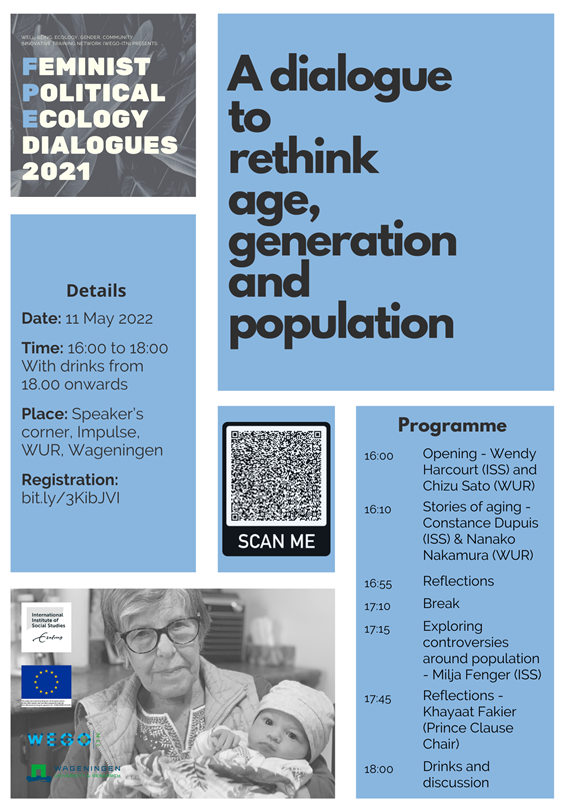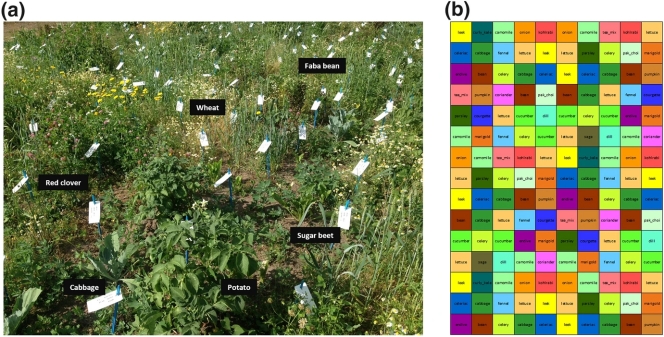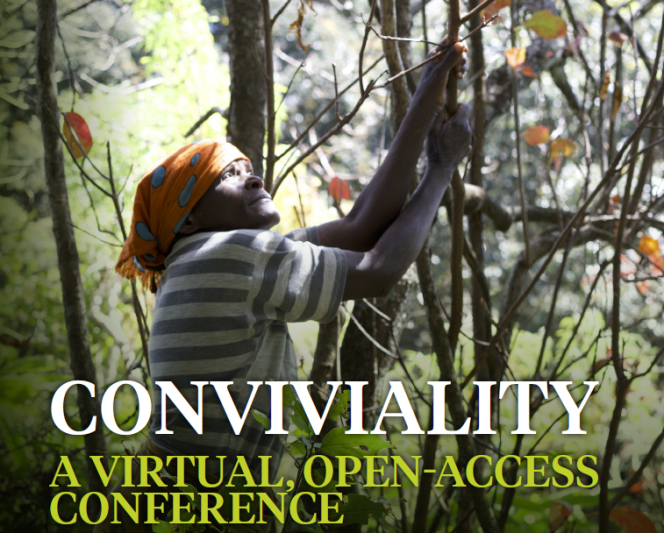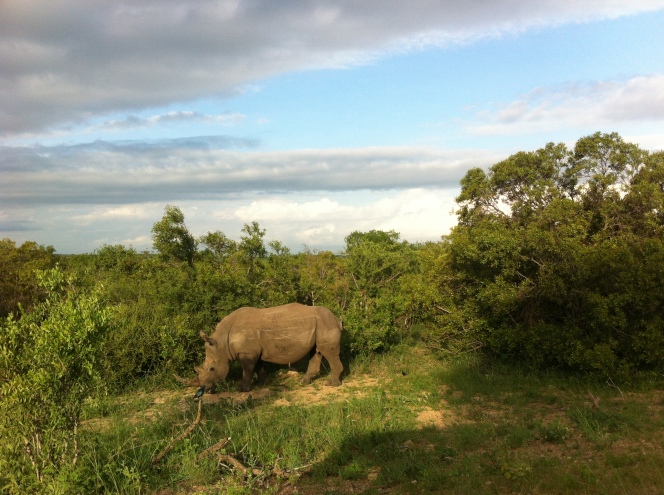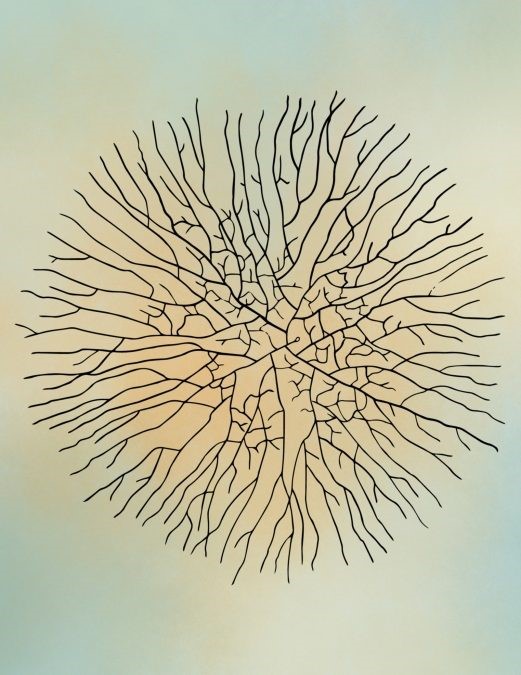The Political Ecology Cluster brings together a variety of academic researchers and PhD candidates from different disciplines and fields at Wageningen University who are engaged in the study of political ecology. [For an overview of their events click here]
Vision and Scope
Political ecology is the study of “environmental distribution conflicts,” emphasizing inequality in access to wealth, and to the natural resources upon which wealth is based, as one of the principle drivers of the interrelated dynamics of human discord and ecological degradation. Rather than treating resource scarcity and/or abundance as sources of conflict in their own right, political ecologists focus analysis on the social relations underlying access to and control of natural resources. Nature, in this perspective, is thus an important site of struggle over rights and access while, in turn , dynamics of inequality directly influence the course of environmental change. Importantly, this perspective includes consideration of the interconnection among the various stakeholders involved in resource governance at different levels and scales—from global to regional to national to subnational to local—that may influence seemingly spatially-bounded situations, as well as negotiation and contestation among actors at each of these levels.
Contact
For any questions about the Political Ecology Cluster, feel free to reach out to Annah Zhu (Annah.zhu@wur.nl), Esther Marijnen (Esther.marijnen@wur.nl) or Gert Jan Veldwisch (gertjan.veldwisch@wur.nl)


